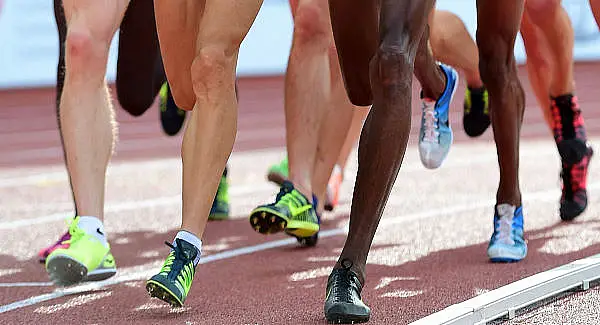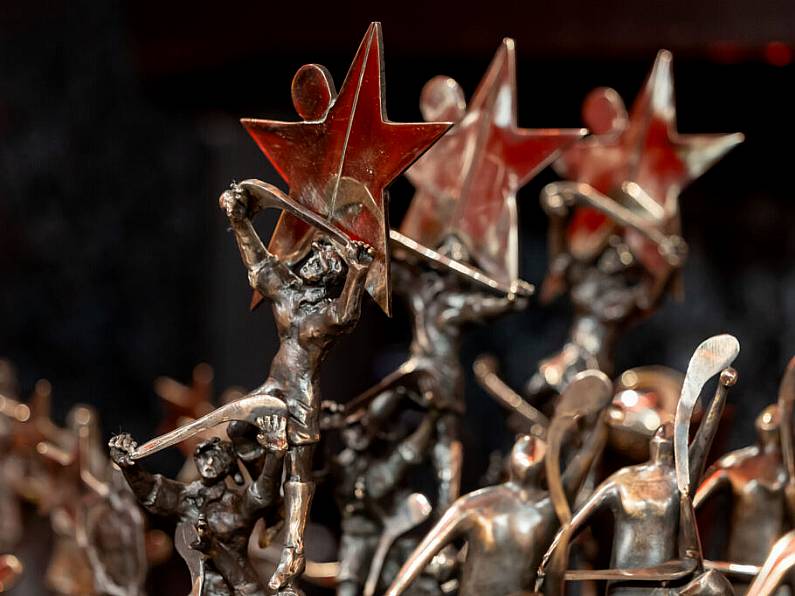Russia has escaped punishment for failing to meet a December 31 deadline for providing access to the Moscow laboratory at the heart of its state-run doping programme, the World Anti-Doping Agency has confirmed.
WADA controversially lifted the Russian Anti-Doping Agency's near three-year ban in September but on two strict conditions: the Russians would let independent experts retrieve testing data from the laboratory by the end of the year, and they would then release any stored samples needed to pursue anti-doping cases by June 30.
That agreement was widely criticised by athletes' groups and national anti-doping agencies at the time and their worst fears appeared to be coming true when the Russians told WADA's first mission to the laboratory in December that it could not use the devices the experts had brought to retrieve and store the data.
This failure prompted calls for WADA to immediately rip up the September reinstatement deal and declare RUSADA non-compliant again.

File photo.
WADA, however, reached a compromise with the Russian authorities over the experts' devices and sent a second, smaller team to Moscow a fortnight ago, and they successfully completed their task last week - and that is what has saved Russia from fresh sanctions.
The decision to uphold the reinstatement agreement made in September was made in two steps.
First, WADA's Compliance Review Committee met in Montreal last week to make a recommendation on RUSADA's status, and then WADA's executive committee held a teleconference on Tuesday to discuss that recommendation. Once they had, they voted by 11 to zero, with one abstention, to turn a blind eye to the missed deadline.
In a statement, WADA president Sir Craig Reedie said: "The ExCo was pleased to hear of the significant progress that has been made in resolving the Russian doping matter since its decision in September last year to reinstate RUSADA under strict conditions.
"Collecting the all-important data is a critical step, and it was not easy to achieve. We are not yet at the finishing line and there is a lot more to do but undeniably we are much further along the track than we would have been without the September ExCo decision."
The former chairman of the British Olympic Association explained that the Moscow data must now be authenticated so it can be used as evidence in hundreds of potential anti-doping cases against Russian cheats.
But Reedie admitted that "several members of the ExCo voiced their disappointment" over the missed deadline, including vice-president Linda Helleland, who simply noted for the record that she had not changed her September position that RUSADA should not have been reinstated.
It was left to CRC chairman Jonathan Taylor to explain why RUSADA was not suspended again for what had been described as a firm deadline by Reedie.
The London-based sports lawyer said WADA Code signatories have always been given three months to take "corrective action" and it was decided that RUSADA should be treated like everyone else.
Taylor noted, though, that if it becomes clear Russia has tampered with the data "the CRC would consider that to be extremely serious non-compliance and can be expected to recommend that WADA pursues the most stringent sanctions" against Russia, which would include a ban on staging international events.
He added the CRC would receive "progress reports" on the data-authentication work every two weeks from WADA's Intelligence and Investigations department.
Speaking to reporters on a conference call after the ExCo meeting, Reedie declined to say he felt vindicated by recent events after the fierce, personal criticism he faced following the September reinstatement decision, but acknowledged that this has been a difficult process and there was still much to do.
WADA's director general Olivier Niggli also rejected the idea that WADA has given Russia more time to comply with its rules than other bodies and nations, saying the missed December deadline was actually "fast-tracked" and Russia was now subject to a much tougher timetable than previous wrongdoers.
Responding to the news from Montreal, British sports minister Mims Davies issued a statement urging WADA to maintain the pressure on Russia.
"Trust in elite sport has been rocked by years of doping scandals and allegations," said Davies.
"While WADA's progress in gaining access to the Moscow laboratory and data is positive, they must not take their foot off the pedal now.
"This sorry episode has shown there is a lot of work still to be done. We need to see long-term, strategic changes to ensure increased transparency in the anti-doping system, so that all have confidence in WADA's future work and the integrity of sport.
"This is a message that has been continually impressed upon me by UK athletes and sports fans alike over the last few weeks, and it is a priority of mine to see it put into effect."
The decision to preserve the fragile status quo, however, will not please WADA's critics until large numbers of Russian drugs cheats are prosecuted.
In a statement, US Anti-Doping Agency chief executive Travis Tygart, said: "The decision to keep Russia compliant despite them missing the deadline and before any of the data has been verified as accurate was unfortunately expected.
"The decision is what it is; obviously change is needed for a global system that holds athletes strictly accountable but allows states to corrupt the Olympic Games and perpetuate massive fraud on athletes and the public.
"It's, of course, good that data was obtained but there is still a long way to go for justice to be served as now the information out of the Moscow laboratory must be authenticated or not.
"A proper investigation in an open and transparent manner must occur immediately for the more than 9,000 presumptive positive samples so that justice can finally be served for clean athletes and those who value fair play."






